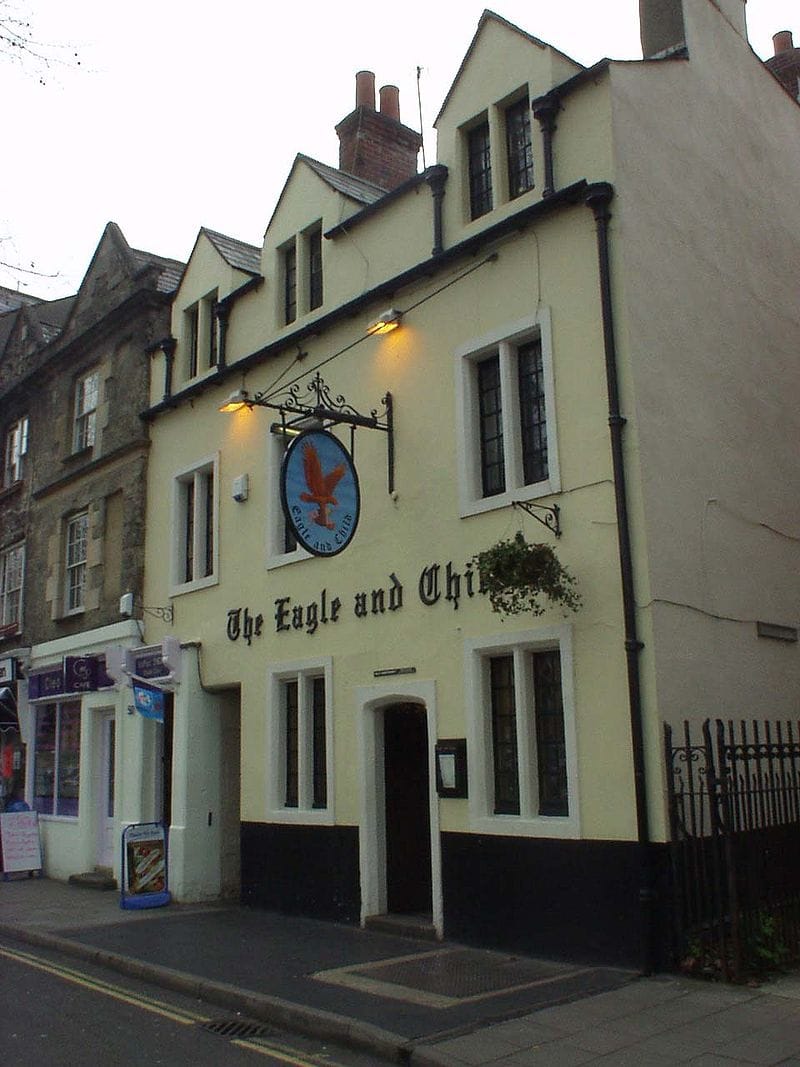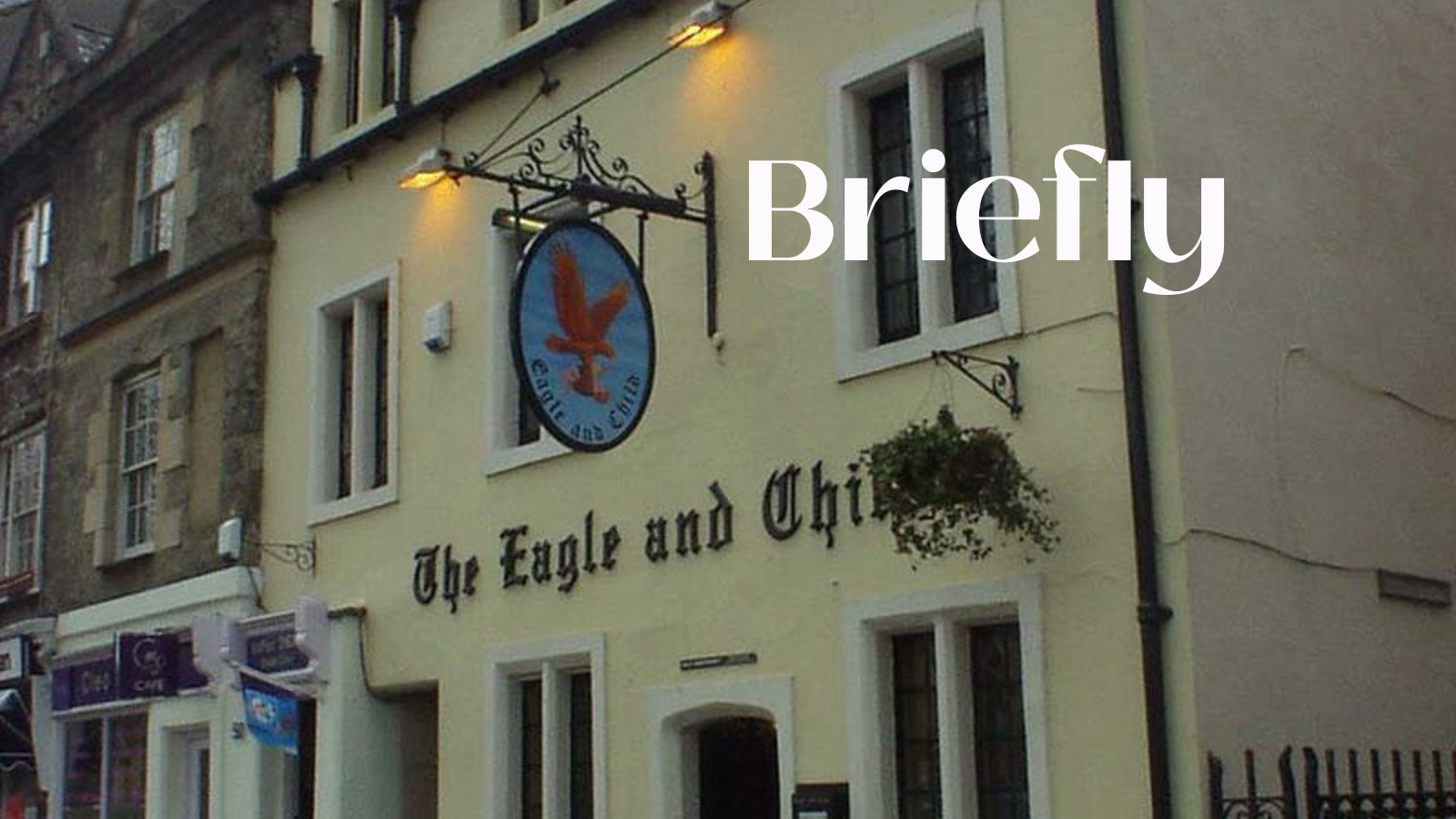The Death of Church and Pub
Carl Trueman at First Things


Religion may have created a fault line, but it was also a deep source of identity and community. It motivated people to act in ways that supported each other, that manifested concern for the future, that gave them a hierarchy of goods that framed communal action. It spoke of belonging, and it gave corporate life a context and a significance. Today, the chapel is marginal, the church has closed, and people increasingly question what the village community is, what it is for.
There is a parallel in the fate of the English village pub. Once central to community life—the English pub is not the equivalent of the American bar—it is now plausibly claimed that fifty public houses are closing every month. There are no doubt numerous reasons: supermarkets sell cheap wine and beer that can be consumed at home; and the overhead costs and red tape involved in running any such establishment make them less and less attractive as a business opportunity. But whatever the causes, the death of the local pub, like the death of the parish church, contributes to the death of the local community. The pub was the place where friendship was fostered over a shared drink and the shared cost of an evening conversation. No man was less an island than when engaging in the English tradition of “buying a round.” And the sad fact is that pubs and churches are not being replaced by something that fulfills the same function of shaping community. There is no need, it seems, since that function has itself more or less vanished. When communal space disappears, communal bonds disappear too.
It would be easy to present this as a gloomy scenario. The death of church and pub can only further fuel the modern scourges of loneliness and isolation. And these evils cannot be solved directly by public policy or government initiatives because such things trade in abstractions. Nobody is ever lonely or isolated in the abstract. Loneliness only ever affects people—real, individual people in real, particular circumstances. And it can only be solved by real community.
This is where the church actually has a tremendous opportunity. The West is currently engaged in an experiment doomed to fail. Human beings crave real relationships, and there will come a backlash to the isolated wasteland of modern life, marked by the frictionless “friendships” of the online “community.” After all, nobody on his deathbed wants his loved ones appearing before him by Zoom. He wants them in the room, holding his hand, speaking to him, interacting with him in real, embodied space and time. And when that backlash comes, the real communities that exist will appear vital and attractive.
This is why hospitality is something that the church needs to emphasize again. St. Paul writes that elders must be hospitable. But in sixteen years of teaching at seminary, I do not recall ever hearing of a class on hospitality. Indeed, the saddest thing I perhaps ever heard in that time was a student at an exit interview wistfully saying that he had come to seminary to learn to share the love of Jesus more effectively with his friends and had learned merely how to fall out more sharply with other Christians who didn’t quite measure up. That is a damning indictment of theological education.

